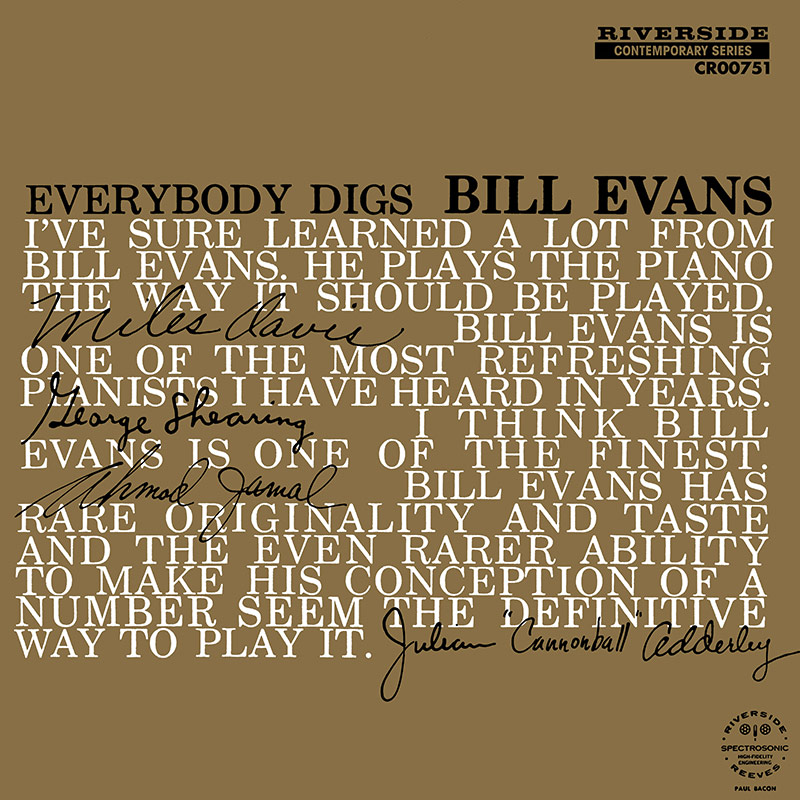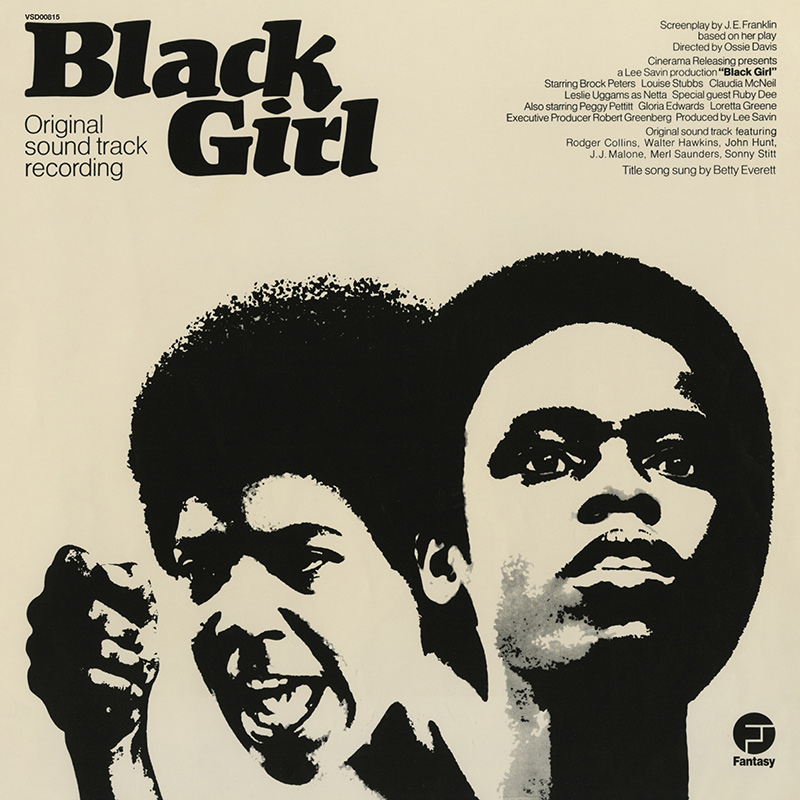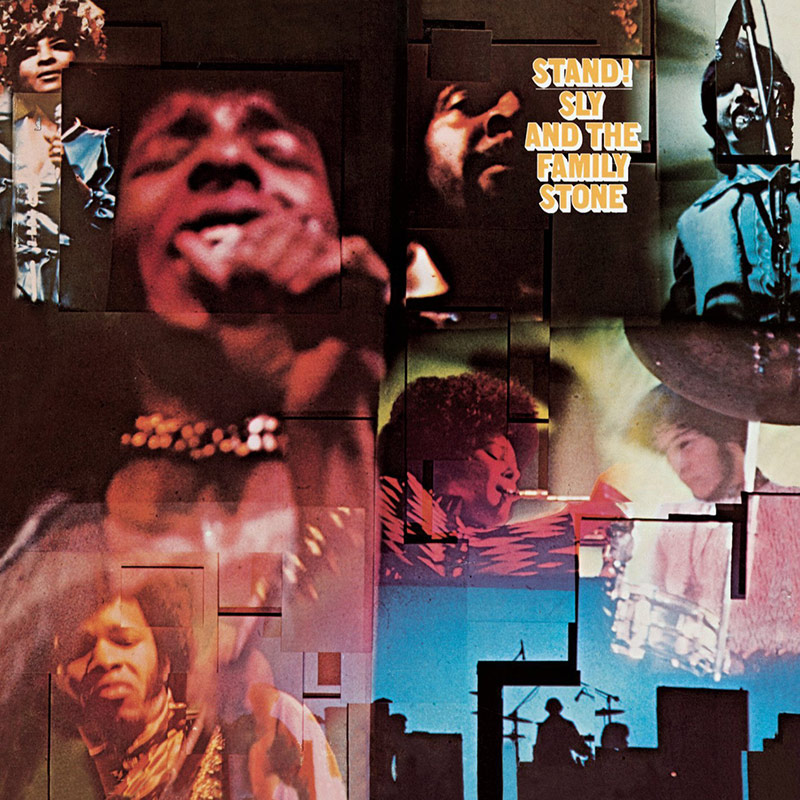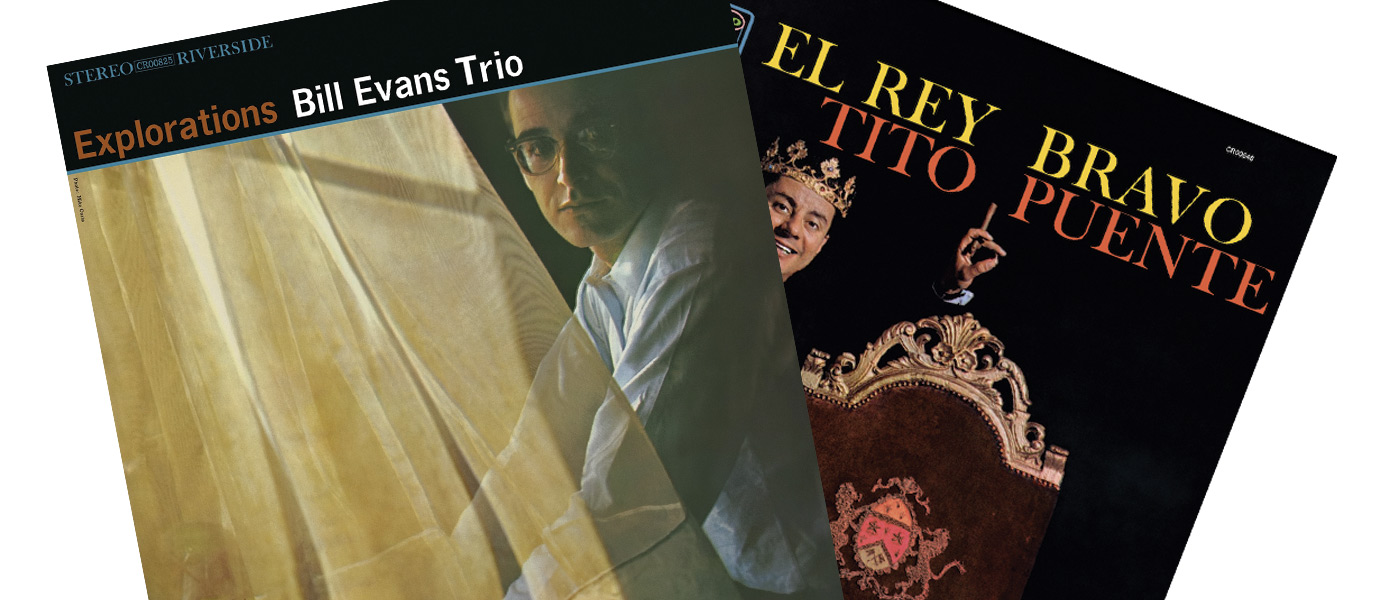
Record Store Day landed on April 20 in 2024. A certain sector of the citizenry almost certainly combined the two events and partied like everything was on sale for $19.99. Hell, Phish played at the Sphere on the same day. The entire nation might have gone up in smoke. Records rotating silently on the turntable, their owners comatose, smiling. Dreadlocks and Birkenstocks aflame, brownies smoldering in the oven. The smell of skunk, absolute.
There was a time when the author would have been out of bed at 5 AM, en route to Amoeba in the Haight by 5:15 with list in hand and retail attack planned. That may yet happen again, but at this advanced age, Oakland’s Open Mind Records seems more agreeable. An actual local independent retailer whose proprietors greet everyone in line and thank them for coming. Local live music on the sidewalk outside. The day’s selections are spinning in the background. Feels more like the event as it was intended. I heard the staff sadly explaining to a young lady that her Olivia Rodrigo record hadn’t arrived as planned. But I was there for the old folks. Neil Young, Lowell George, SRC, and – most of all – the Faces. I left with every one and I’ve listened to none. Because I couldn’t fly home with my haul. No room in the luggage. Lame.
But I was able to arrange to have some of Craft’s titles sent to my residence. I was most excited about their all-analog mono mix of Everybody Digs Bill Evans. They set a high precedent with their take on Chet Baker’s Chet last year, and there’s a depth of riches to dig through on the newer release too. I’d often considered purchasing the Riverside Recordings box set by Analogue Productions just to get this Bill Evans project handled with one deft stroke, but I’m thrilled to have waited. Craft has gifted us with four of the eleven titles that I’m most interested in from that set and at a fraction of the cost. The 45rpm AP pressings might sound marginally better, but that’s not guaranteed, and I can’t imagine that the difference would be significant. There have also been reports of warps within that nearly $1000 box. Can you imagine?
Not so with my copy of Everybody Digs. This one’s righteous all around. Flat disc, silent pressing, and Matthew Lutthan’s lacquers allow for great transparency and naturalness. It’s a damn win. The playing, obviously, is superb too. Trying to describe Evans’ technique is like what I imagine trying to describe an out-of-body experience after a deep meditation would be like. Maybe that’s just it: maybe Evans’ playing is the out-of-body experience. His sounds simultaneously convey a depth of emotion and a profound conversational intellect.
“Lucky To Be Me” is a solo number with cascading chords for heft and floating notes that feel like resting your head on a breeze. I’m always game for stripping things down to get to the essence of a sound, and hearing Evans on his own affords the listener a chance to absorb his mastery. This one’s a quiet conversation. It’s a snapshot of where the Young Evans technique was in 1959 after flying from the nest that Miles Davis built for his sextet the year prior.
This version of the Evans trio (with Sam Jones on bass and Philly Joe Jones behind the kit) can talk and swing separately or simultaneously. “Night and Day” dances while “Oleo” almost counts as a freakout in comparison to the more contemplative material that makes up the bulk of the program. “What Is There To Say” is a fine representation of that and would have been right at home at the Village Vanguard during those legendary recordings by Evans’ more celebrated trio with Scott LaFaro and Paul Motian.
There’s no need to beleaguer this point: if you’re an Evans fan and you can still find a copy, grab this version of Everybody Digs Bill Evans. If any of the other titles in my RSD stack sound this alive, I might weep tears of joy. If not, my RSD 2024 will be remembered fondly for this release alone. Here’s to hoping that Craft continues to mine this mono Jazz vein in the days to come.
Secrets Sponsor

Here’s one that I might not have explored without the Craft imprimatur. More accurately, I’d likely not have heard of it. I’ve never been much of a crate digger, really. Don’t have the patience for it, get too fixated on pristine conditions and virgin wax. With the inaugural installation of Craft’s “Reel Cult” series, I get a fair sampling of both. We’re talking here about the soundtrack for the movie Black Girl. I can’t speak to the quality of the film, but the soundtrack is a hoot.
There’s the languid title track to lead things off. Betty Everett’s vocals sit out in front of the ‘70s Soul instrumentation: clean guitar, a buttoned-down string section, raindrop drums, and all. There are groovy instrumentals with wah-wah guitar, wah-wah keys, thumping bass, walking bass, horns a-plenty, and even some dialogue. Unfortunately, the latter involves some type of commentary that seems to criticize someone’s character for being literate. This likely ties into the film’s storyline and would almost certainly make me uncomfortable. (The movie’s main character is determined to graduate from high school rather than drop out after becoming pregnant as her sisters before her have.)
“Mother’s Day Song” (parts one and two) are highlights. The numbers take the listener to church on the strength of just a piano and an organ. I was piqued by the participation of Merl Saunders, and I still think it’s interesting that he found his way into this work back in 1972, but his contributions are contained to one groovy tune and its reprise. I met that guy once and wish I’d have been hip enough back then to quiz him on his playing on “Chock-lite Puddin’,” but I was late to the Black Girl party.
Jeff Powell handled the all-analog mastering for this release, and he’s an under-the-radar name that I trust based on his prior work on Craft’s Staple Singers box amongst others. His work on Black Girl is equally steady. The disc is silent, and the instruments have plenty of room to breathe. If the rest of the Reel Cult series is as compelling, we’ll have some fun, left of centerfield pop flies in our gloves soon.

Craft also pulled another RSD Jazz Dispensary comp out of the oven this year. It’s sort of a tradition at this point, one that’s hotly anticipated by red-eyed munchie-seeking celebrants everywhere. I was really jazzed for last year’s installment, but my record was remarkably warped and then damaged during the flattening process. Never got to hear it. Didn’t have to worry about any of that this year.
As cumbersome as the title is to type, Jazz Dispensary: The Freedom Sound! The People Arise is equally fun to explore. It contains six songs worth of protest Jazz from the ’60s and ‘70s. Joe Henderson’s “Afro-Centric” is included on this set as well as on the label’s recent AAA reissue of Henderson’s Power To The People so a shootout was warranted and accessible.
Not surprisingly, Power To The People has a bit more presence and a slightly lower noise floor. The Dispensary comps aren’t marketed as audiophile releases, but the material is consistently compelling. This one is pressed on “Freedom Blue Swirl” vinyl too. So, there’s that. Like the Black Girl soundtrack, I likely wouldn’t have found my way too much of the Freedom Sound! material on my own.
And it’s groovy, baby. Lots of variance amongst the players’ styles and sounds. Gary Bartz has a tune that’s close to straight Bop while A.K. Salim’s “Afrika (Africa)” gets pretty far out there with some frantic percussion and melodic horn lines that break up into scattered solos before reconvening and fading out 10 minutes later. The second side is pretty zany all the way around, really. Sort of a bizarre ride to the far side, but enjoyable and engaging all along.
I‘d assumed that the Jazz Dispensary comps were only available on vinyl, but it looks like they can be streamed on the bigger platforms. Clearly, I’d advocate for the vinyl versions even if they’re not considered “top shelf” according to Craft’s marketing. The artwork is often pleasing, and vinyl is cooler. Ask anyone who gets out of bed at the crack of ass twice annually to wait in line with the rest of the weirdos. We’re a zealous, righteous lot, and I’m already looking forward to Black Friday. Let your freak flags fly, y’all.
Secrets Sponsor

There are certain bands that I love more than most but rarely think to listen to at home. Part of that is a function of time. There aren’t enough hours in the day to investigate all the awesome music I’m unfamiliar with while also running it back with what I already know. Bands like the Beatles and Led Zeppelin tend to get pushed to the back of the line. They’re not hurting because of it. And I’ll have lots of opportunities to hear them outside of my listening room.
Sly and the Family Stone’s There’s A Riot Going On is one of my top ten all-timers, and I have three copies to show for my devotion. One of those is by Vinyl Me, Please, but we’re here to discuss that company’s recent run-through Sly’s Stand! It’s a different animal than Riot. Every record is. Stand! is more representative of Sly’s most renowned sound while Riot is buried under a mountain of the most glorious sonic rubble.
Stand! jumps out of the stereo with 100 percent more enthusiasm than anything on Riot with only about 25 percent of the danger that Riot brings. Stand! sweats while Riot seethes. “I Want To Take You Higher” is a sonic party for the senses. It demands movement in 2024 as directly as it did in 1969. Were it the first song on the record, the band would have caused the world’s first-ever case of mass whiplash. That honor went to the title track, which allows us to sort of groove into things, to build up our stamina before “Higher” blasts us off.
I remember seeing Perry Farrell perform the second song on Stand! live with Ice-T’s Body Count band at the first Lollapalooza in 1991 when I was still in high school. (I’m not typing the song’s name with any characters standing in for letters and I’m not saying things like “N-word” because it makes me feel like I’m back in elementary school. There are places for these types of discussions, and this ain’t it. I stand against racism anywhere by anybody against anyone. I’ll leave that there.) Suffice it to say, I didn’t know what I was seeing at the time, and I was nervous hearing a white man using racial language at all, let alone in Ice-T’s aggrieved face. At the height of the tension that the artists created, they embraced and started dancing in each other’s arms. Wedding reception style. It was brilliant and the song they were covering was a brilliantly executed technique for tackling a nasty subject, and a nastier history, through art. Hearing the original in such sharp relief on this AAA reissue ratchets everything right on up a few notches. Is that Sly mimicking a harmonica with his voice? So much grit, so much weight. So damn great.
One could argue that “Somebody’s Watching You” is a bit of a whiff in comparison to the rest of the material on Stand! I won’t argue that, but I would suggest that this is more a result of the album’s overall strength than that song’s weakness. It’s followed immediately by “Sing A Simple Song” which almost feels like “I Want To Take You Higher” sneaking back into the party through the side door. Then, you flip the record and are met by “Everyday People.” Give me a break, already. Please.
“Everyday People” could be the subject of a textbook. For all I know, it already is. Bear with me here: it’s similar to “Stairway To Heaven” or “Redemption Song” in that we’ve heard it so much that its majesty is hard for us to access anymore. The brilliance has been blunted through brutish repetition. But maybe that’s not true. Because you still can’t hear it without breaking out a variety of air instruments and just straight up rocking your ass out. Or with your ass out. If we made it our national anthem, I’d celebrate. For a long time and loudly.
I swear I think Sly breaks out the vocal harmonica again during the fourteen minutes of funk that is “Sex Machine.” This is not to be confused with the song of the same name by James Brown. Different ball games, different fields of play. Sly’s is a thick syrup, JB’s is grits and gristle. Then, just like that, “You Can Make It If You Try” wraps this 41-minute program up in a rainbow of funky drum breaks, organ funk, and gang vocals that the Family Stone would ride into history.
It’s exhausting in its glory. And VMP’s version is mastered and lacquered to perfection by Ryan K. Smith “from tapes” so that we can get as close to the magic as possible. Clearly, the masters were not used. They might not be alive anymore. Or perhaps they got lost like Sly himself did for so many years. But his gifts have been apparent for decades and we’re so lucky he shared. This reissue would have been a grand slam except that…
I got two copies, and they were both warped. Not a little bit. VMP is still using GZ for their pressings, but they’re opening their own facility soon. We think. I’m starry-eyed enough to hope that this will solve their QC issues that have been so obvious for so long now. They’ve got the mastering solved. And the records are usually pretty silent. Lots of production companies have solved those riddles that seemed so puzzling for so long. Now, we just need some flat records. The final frontier. I was able to effectively flatten a copy of Stand! and thank goodness for that. But their pressing rating will be dinged accordingly for making me risk the record’s safety. Here’s to the future of VMP. And to Sly’s past. Stand! is its own institution.



